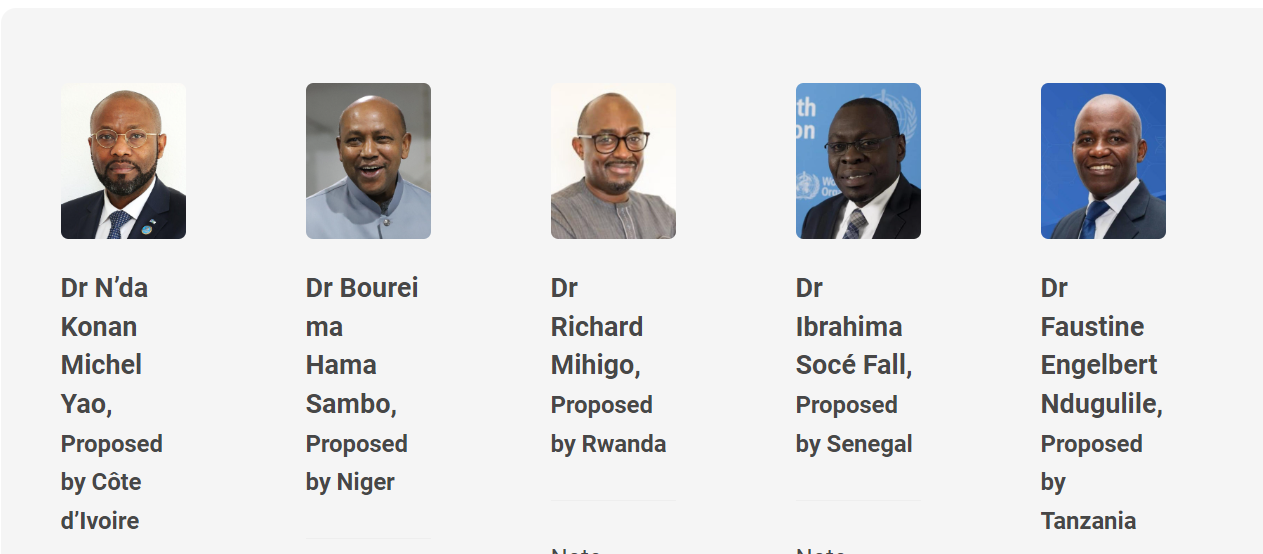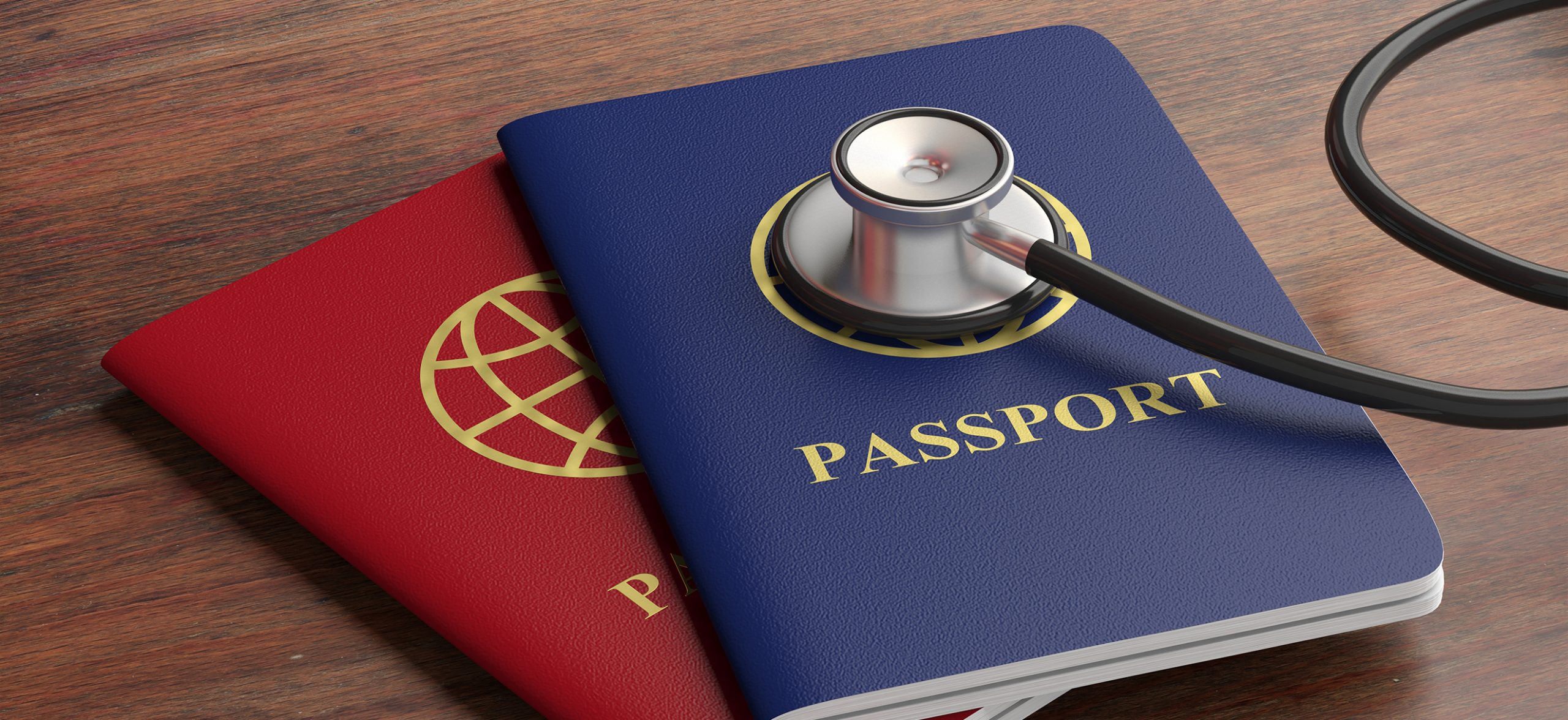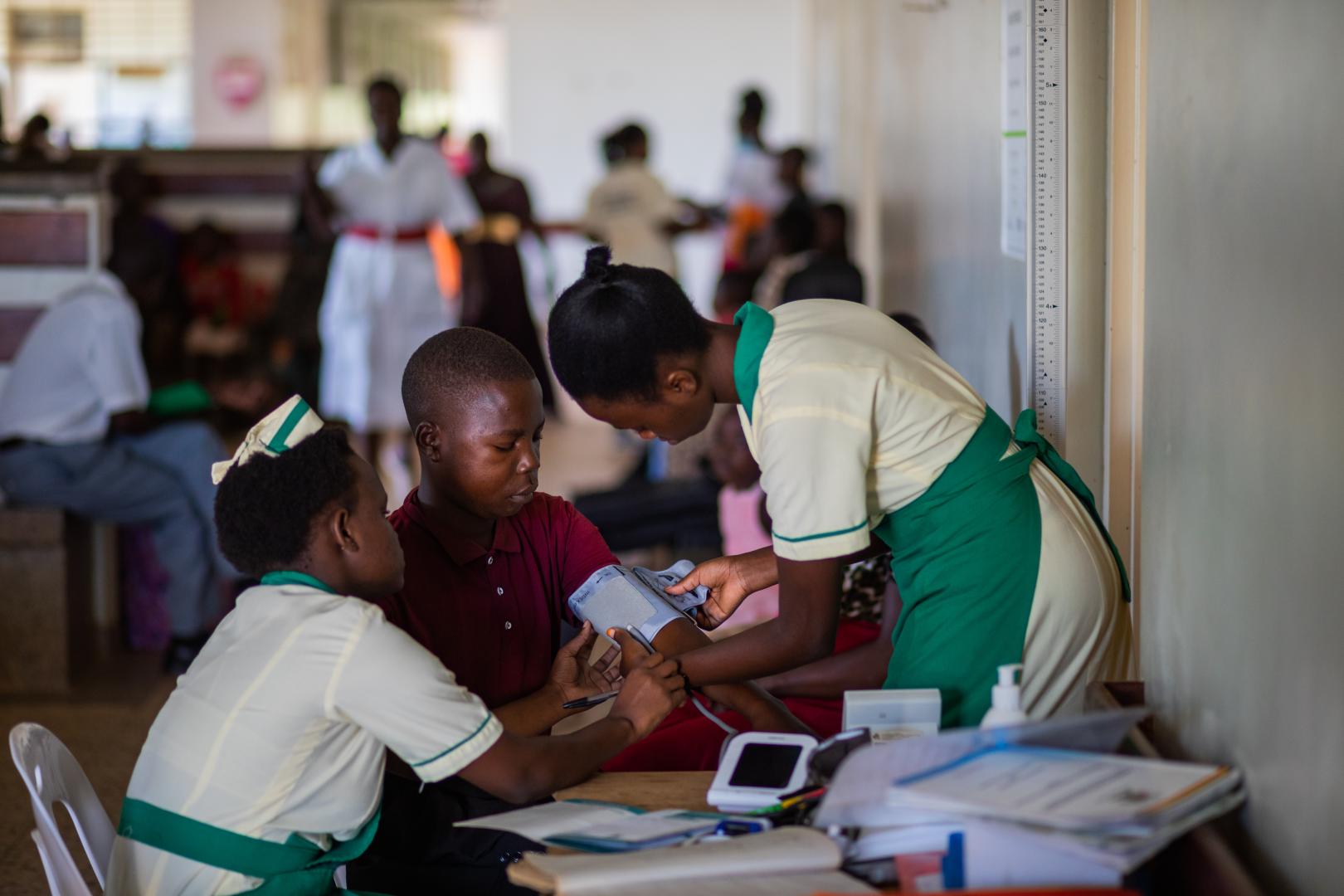A device known as Oncoseek that uses Artificial Intelligence to detect many forms of cancer at an early stage, is seen as a potential game-changer in cancer diagnosis if introduced in Tanzania.
The tool relies on routine blood testing, and can detect up to 10 forms of cancer more accurately, said Dr.Mao Mao, an advocate of genomics and founder of SeekIn, a blood-based pan cancer early diagnosis company based in China.
Dr Mao and his counterparts from the Netherlands teamed up with local health experts at the Ocean Road Cancer Institute(ORCI) and the Government of Tanzania in Dar es Salaam last month (May 12), to explore how Oncoseek and more such new approaches could boost early detection of cancer and improve the management of pain among cancer patients in the country.
If made available in the Tanzanian market, the tool, which Mao says “[is] able to detect the probability of cancer as well as its tissues of origin,” will undoubtedly add to an array of new options for the diagnosis, care and treatment of people afflicted by the Non-Communicable Disease, local health experts have observed.
“There is also room to learn from the countries [where] this device is already available,” says Franklin Mtei, the Chairman of Tanzania Cancer Society, pointing to China, the United States and Europe as regions where Oncoseek is already available on the market.
Mtei, who is also a patients’ advocate at Inspire2Live Foundation , calls for policy improvements in Tanzania to accommodate innovative life-saving tools in the country’s cancer treatment protocols.
But he explains, “The need for close involvement of the government and of all stakeholders and capacity building is crucial to ensure that no laws are violated.”
Existing tools: the challenge
Conventional clinical methods of cancer detection have been found to be inefficient, expensive and more prone to errors, according to Dr Mao who has been researching how the AI tool works. He touts his tool as “a very cost-effective cancer early detection test, making it possible for some low-income people to receive cancer screening.”

What else is in store?
Alongside such innovative tools, there is a pressing need to research on more improved options –with minimal side effects–in the management of pain for patients diagnosed with cancer, according to Dr. Rob Tenbrinck, an anaesthesiologist and specialist in pain and palliative care from Inspire2Live Foundation.
Tenbrinck is championing a pain management solution that uses lidocaine rather than the traditional opioid-based treatments like morphine for cancer patients.
The proposed cancer diagnostic and treatment options have been received with support by local scientists who still lay their emphasis on the need for more research and how the new tools and procedures could be suitably adopted in Tanzania.
“We are ready to be part of the team in ensuring that we get appropriate data that would help in the future, working jointly with the government and local governments to bring this solution to all Tanzanians” said the WHO Country Office technical lead for Non-communicable diseases (NCDs) programme in Dar es salaam, Dr. Alphoncina Nanai who spoke during the joint event that took place at ORCI in Dar es-Salaam.









